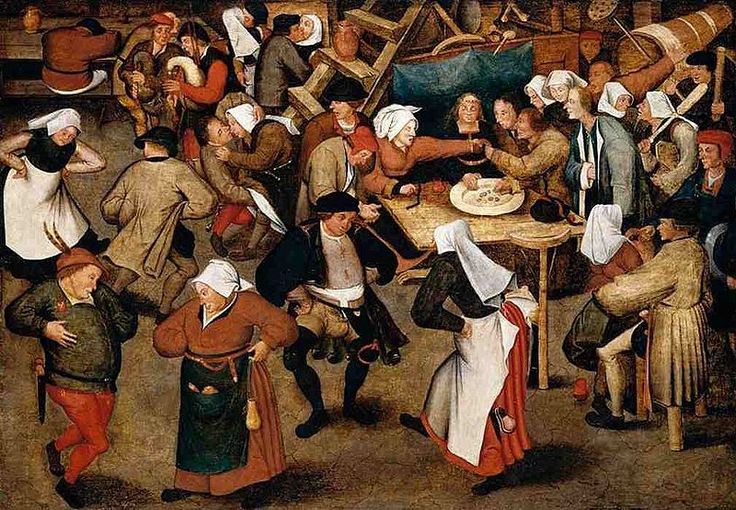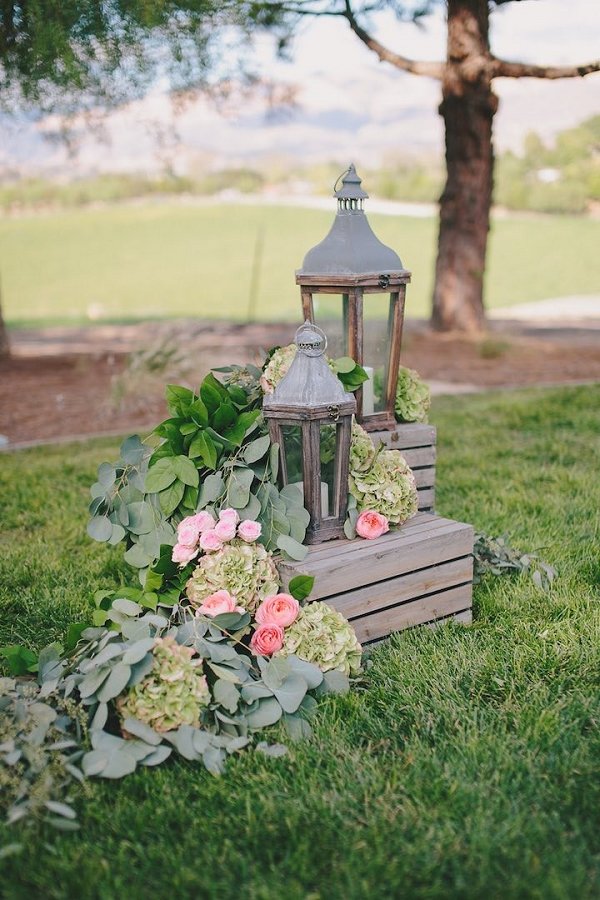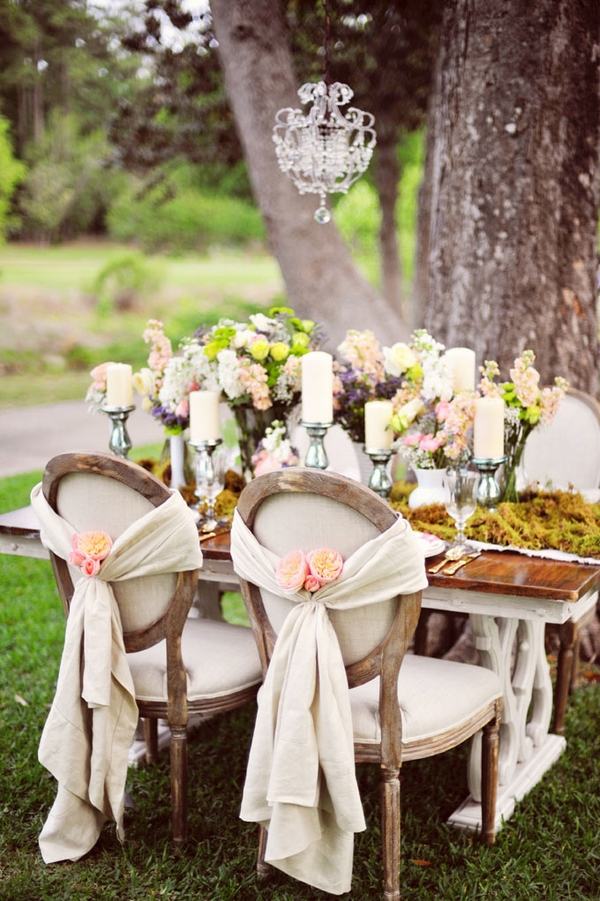Unlike marriages for the sake of wealth among the nobles, marriages between poor people usually had as motivation sincere love between the couple. Many were also celebrated as a remedy to a premarital pregnancy. And others as a result of an agreement between the families again on account of economic well-being. It was usually the groom to stand well economically and the bride's father did his best to arrange her daughter in the best way and to give her a richer future.

The marriages took place in the bride's house and the whole village was celebrating the new union and gave them as gifts wooden utensils and other useful things for the home.
We could not afford rings so according to tradition was broken a coin and given half to the bride and the groom as a token half. Another medieval tradition was that the villagers pulled the pair of wheat seeds as a sign of prosperity and fertility, as a good omen for a large family.

The groom who was not in the country, according to tradition, He had to pay to drink to young people of the place as to make up for the fact that he stole them a young woman of marriageable age. In return for the young people they would organize a serenade under the window of the couple.




